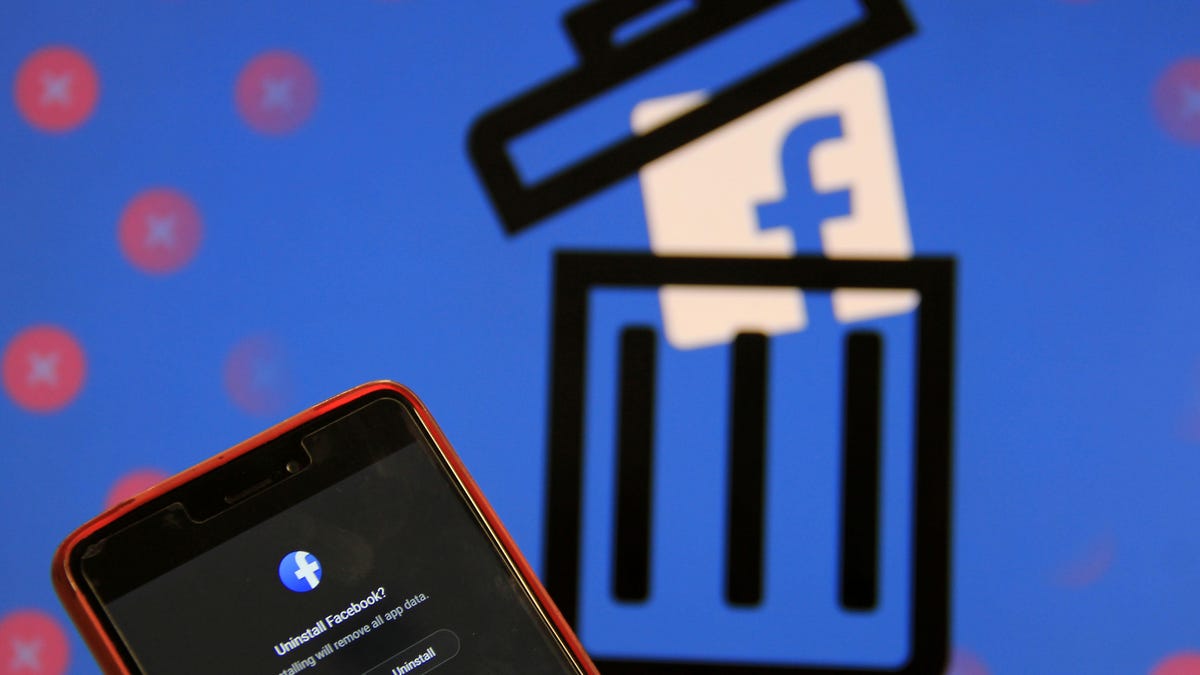Study shows how Facebook coverage has gone negative
BuzzFeed reports on an analysis of 87,000 articles showing a shift in sentiment about the social network over time and especially following the 2016 US presidential election.

BuzzFeed reports on a "sentiment analysis" that shows articles about Facebook have grown increasingly negative.
In 2004 news articles about Facebook, the most common word pairing with the just-launched social network, was "college students." In 2017, the most common word paring was "fake news."
That's one the findings of a new "sentiment analysis" conducted by researcher Joe Hovde for BuzzFeed that looked at 87,000 articles about Facebook published by USA Today, The New York Times, the Guardian and BuzzFeed since around the time the social network launched.
BuzzFeed reporter Charlie Warzel offers other key results, such as how media coverage of Facebook "turned negative almost overnight" in the aftermath of the 2016 US presidential election. "And it has largely stayed that way."
To run the analysis, Hoyde scored words on a scale ranging from -5 for the most negative words and +5 for the most positive. A negative word like "fake" was scored -3. A positive word like "growth" was scored +2.
Here, for example, is a chart showing how sentiment about Facebook changed for Times articles between 2006 and January 2018.
Sentiment analysis for New York Times articles about Facebook between 2006 and late January 2018.
The research, as Warzel points out, is by no means conclusive. But it's a pretty big data set and if nothing else, shows Facebook's growing pains "after a long tech-press honeymoon," he says. "Taken another way, they're a sign of an even rockier road for Facebook."
The report comes as Facebook is embroiled in the Cambridge Analytica scandal involving voter data, the 2016 election and Brexit. The New York Times and The Guardian's Observer newspaper last month reported a political consultancy had improperly accessed the personal data of about 87 million Facebook users. The consultancy, Cambridge Analytica, was affiliated with the Donald Trump presidential campaign, and that raised questions about whether the social network had been used to manipulate voters. Worse, Facebook had known about the data leak three years ago but hadn't bothered to tell anyone.
Cambridge Analytica: Everything you need to know about Facebook's data mining scandal.
Tech Enabled: CNET chronicles tech's role in providing new kinds of accessibility.

